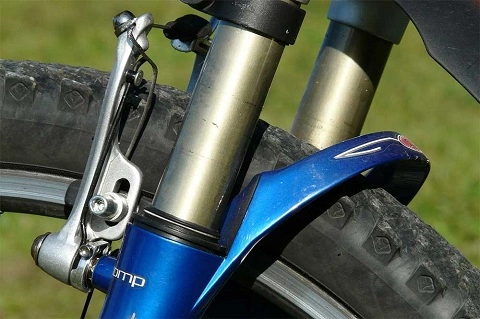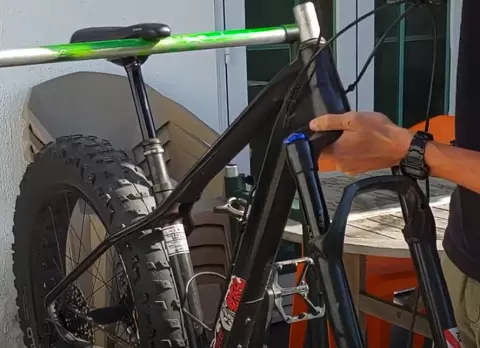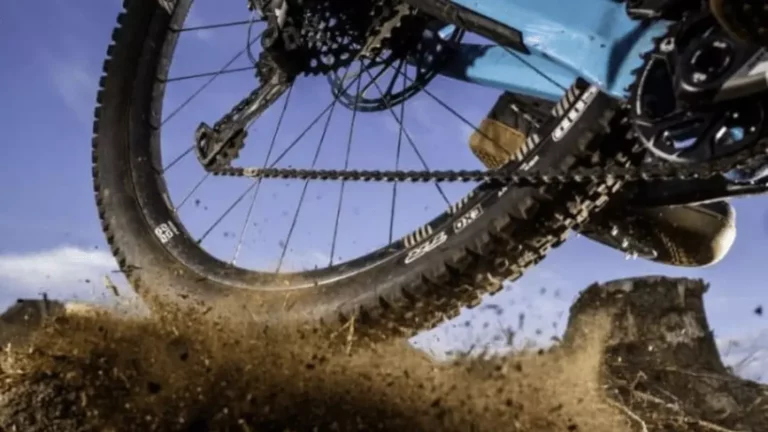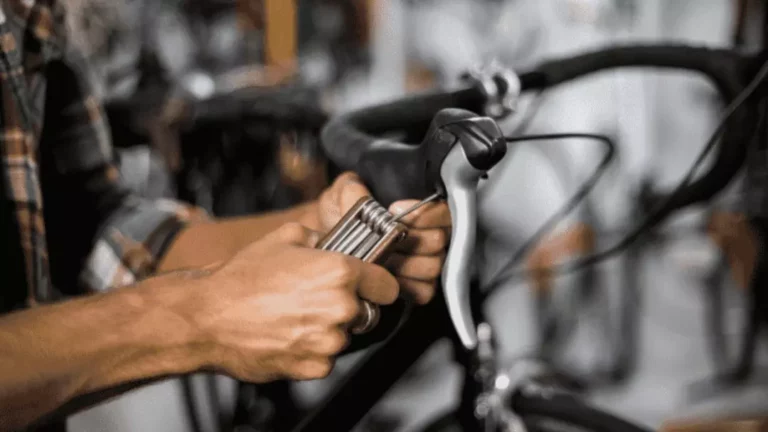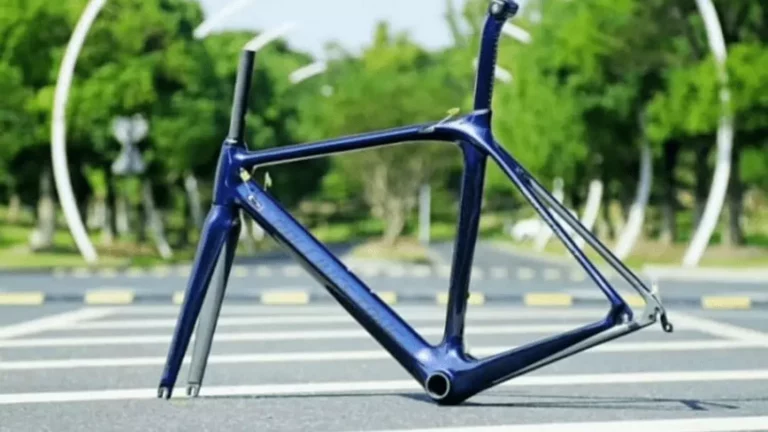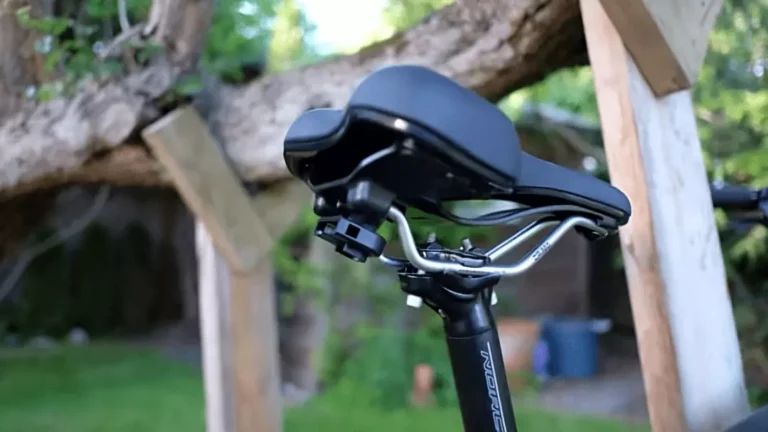Do you need a Suspension Fork on a Fat Bike?
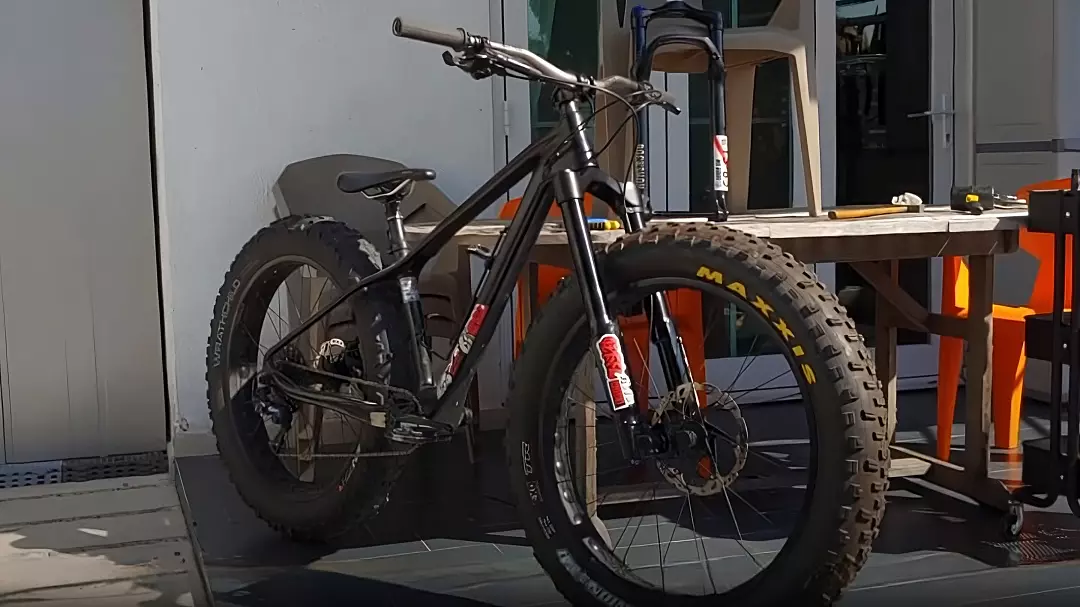
You may find yourself looking to join in on the latest biking trend, ‘fat biking’. As its interesting name suggests, fat bikes are wider and heavier than other bikes, even mountain bikes.
What makes them so desirable is their ability to glide smoothly over pretty much any surface, regardless of weather conditions. Sounds good, right?
What a lot of folks tend to question with these bikes though, is the suspension. Fat bikes typically don’t come with a suspension fork already installed. This is because they rely solely on the wider, squishier tires to do all the work. So do you need a suspension fork on a fat bike?
Fat tires range from about 3.8 inches to over 5 inches wide and require much less air pressure than other tires, like mountain bike tires for example. This makes them less firm, so, where a mountain bike would rely on a suspension fork, fat bikes are able to absorb the vibrations from the road with just the tires alone.
However, suspension in the tires will only serve you well to a certain point. If you plan to use your fat bike during warmer months when the road is firmer and on tough mountain trails, relying on the tires may not be enough. Instead, you might need to look into installing at least a front suspension fork.
RELATED: Why Ride A Fat Bike On The Road
What is a suspension fork?
A suspension fork will be mounted on the front wheel of the frame of your bike. They consist of shock absorbers that help to minimize the vibrations of the road and any impact from rocky or bumpy terrain, so that you can feel more comfortable while you ride.
Those who ride without a suspension fork will often find they feel the trail a lot more and can experience pain, particularly in the backside and arms. This is because they feel the impact of the surface much harder.
Suspension forks are super important additions, especially on mountain bikes because of the slack they provide for the front wheel which makes difficult trails much more comfortable. Plus, suspension forks can improve your control in particularly bumpy conditions too.
One reason why many fat bikers choose not to add a suspension fork is the added weight. Suspension forks can add unwelcome weight to an already pretty heavy bike. There’s no denying that fat bikes are heavier than your average bike.
Even the more budget-friendly bikes will weigh around 30 to 40 lbs. A suspension fork will add on at least a few extra lbs so, many riders feel the added impact absorption isn’t worth the extra weight.
Do you need a suspension fork on a fat bike?
Fat bikes are designed to keep you riding, even during the winter months. These bikes will allow you to ride over thick snow and mud. However, snow often covers over any bumps in the surface you’re riding on.
So, these bikes may seem like they handle any terrain without added suspension during the winter months but, in other terrain, the need for suspension may increase.
During the summer months, the road can be much harder to ride on and, although fat bikes provide extra cushioning in the wider, softer tires, the rougher terrain can take its toll. The added suspension will absorb the extra impact and help with maneuverability. This will enable you to ride your fat bike all year round.
Additionally, if you plan to ride your fat bike on a mountain trail with harsh terrain, you definitely need to think about investing in some added protection. A common addition for fat bikes to help with suspension is a front suspension fork.
Just the added suspension in the front of the bike should be enough to cushion some of those, particularly nasty bumps and give you more control to steer around any sticking-out roots. After all, you don’t want to fly off and have a pretty heavy bike land on you, do you?
Final Say
A good-quality fat bike will be able to take you anywhere with comfort and ease. The ‘fat’ tires make every ride super smooth while keeping you in control.
The tires alone are able to provide enough suspension when riding over snow and softer ground but adding a suspension fork is a good idea if you plan to ride on firmer ground with more bumps.
The softer the conditions of the road, the less likely you are to need additional suspension such as a suspension fork. If you only ride on terrain like snow and sand, the suspension provided by the wheels is more than enough.
If you plan to venture out into more extreme terrain, a suspension fork will be a welcome addition to your bike.
Ultimately, you must consider if the extra weight and cost to install added suspension is worth it.

Steve Beck is a passionate cyclist and experienced writer covering the cycling industry for over a decade. He has a wealth of knowledge and expertise in all bike-related things, from the latest products and technologies to the best routes and trails. His articles are well-researched, informative, and engaging, and he has a talent for explaining complex cycling concepts in a way that is easy to understand. Steve can be found on the road when he’s not writing about bikes, putting his knowledge and skills to the test.

